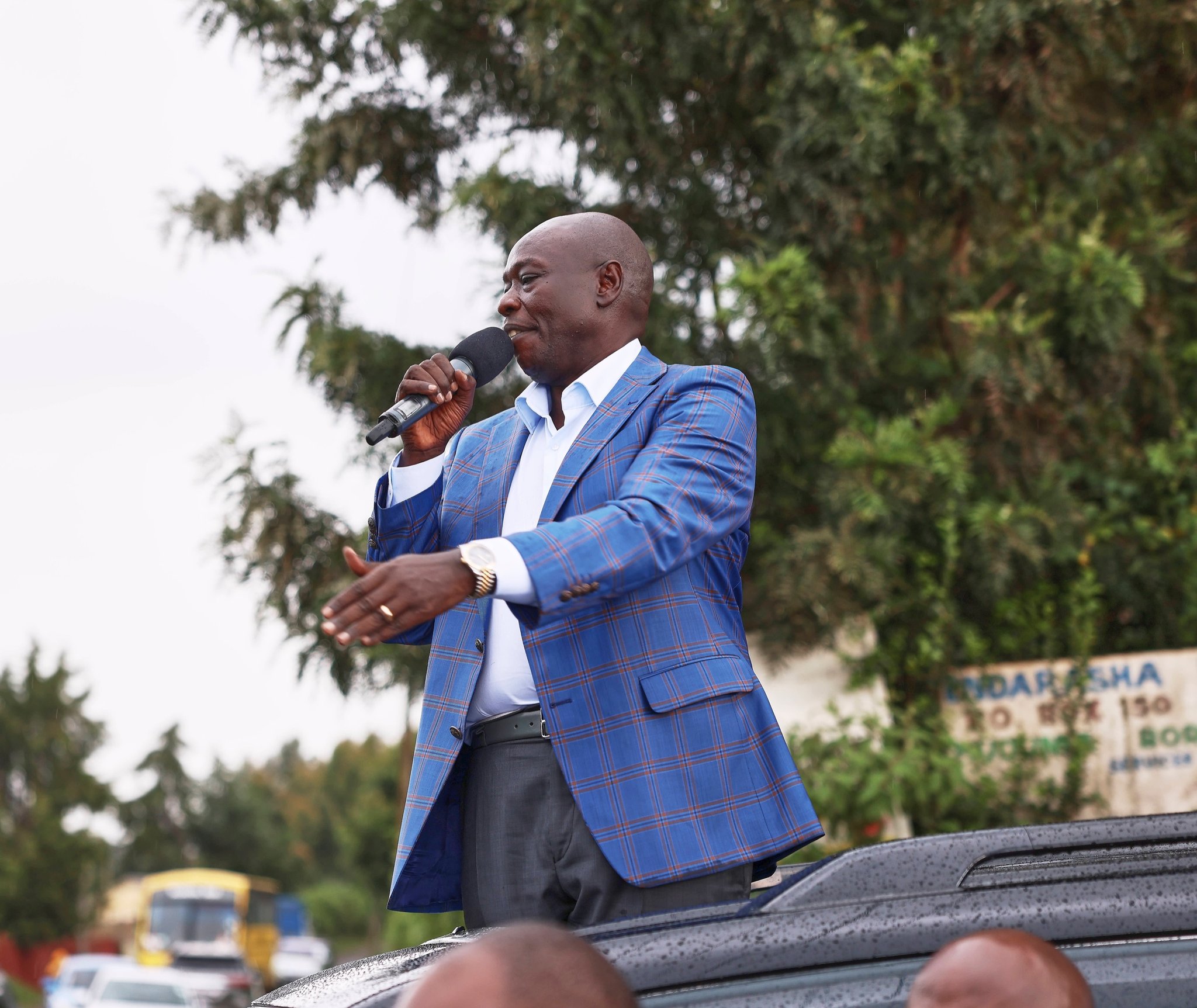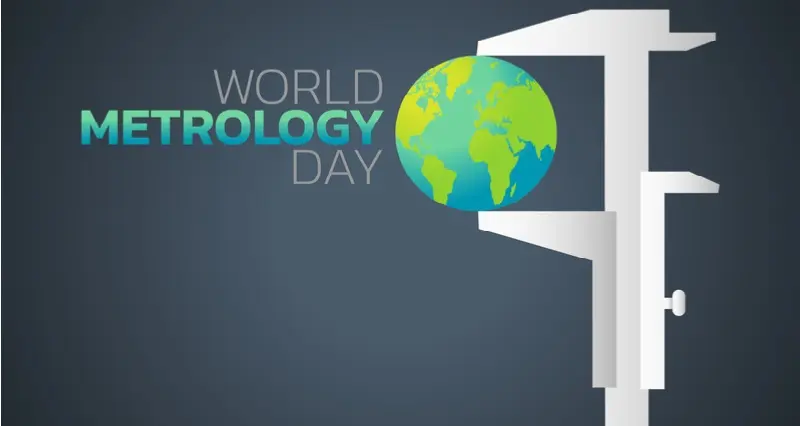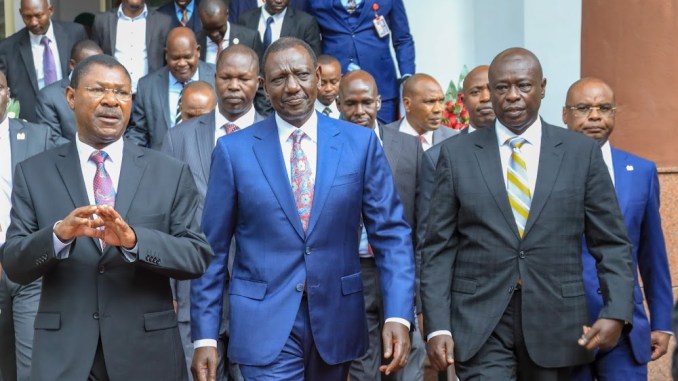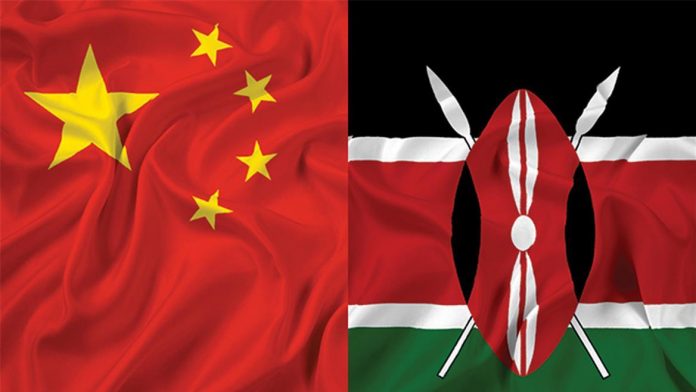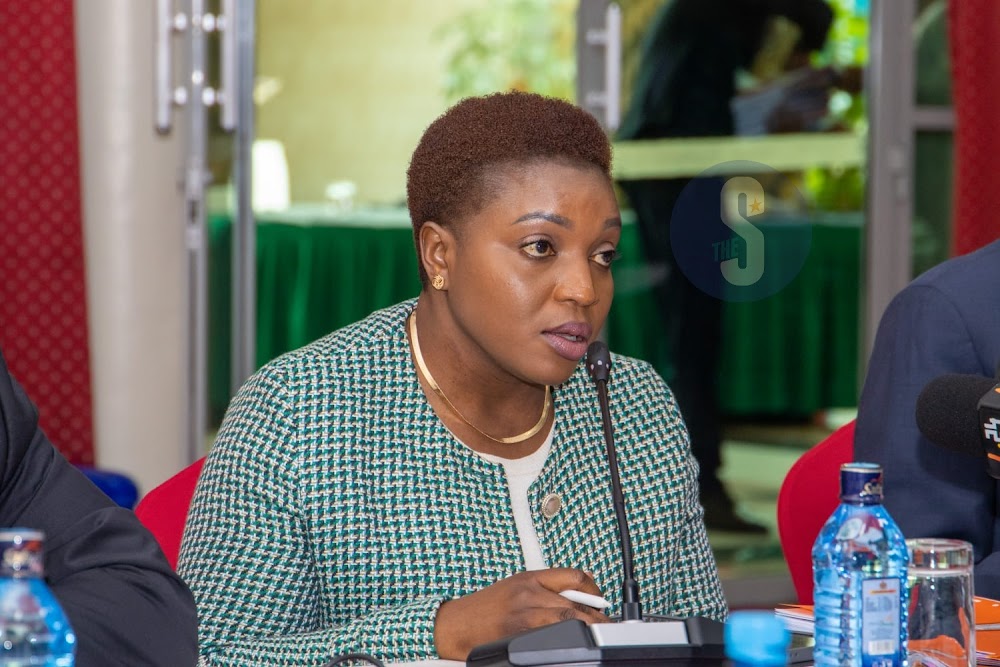In the heart of every election lies the hopes and dreams of a nation, and Kenya’s journey through the democratic process has been no exception. As citizens exercised their right to vote and their voices echoed through the ballot boxes, the nation stood united in its commitment to democracy. However, in the aftermath of the election, a trail of grievances and emotions emerged, with one prominent figure expressing his discontent.
Raila Odinga, a respected opposition leader, and a passionate advocate for his beliefs, found himself on the losing end of the electoral spectrum. Fueled by a fervent desire for justice and fairness, he took his concerns to the highest judicial platform – the Supreme Court. In a remarkable display of democratic strength, the court upheld the sanctity of the electoral process, affirming that the elections were indeed free, fair, and reflective of the will of the people and that President William Ruto was duly elected as the President of the Republic of Kenya.
In the democratic space that is Kenya, voices of dissent and disagreement are not just tolerated, but celebrated. They represent the very essence of a thriving democracy – a platform for the marginalized and the aggrieved to seek redress, to question, and to ensure accountability. Raila Odinga’s journey to the Supreme Court embodies this spirit, as his actions symbolized a commitment to the democratic ideals that our nation holds dear.
Yet, in recent times, his response to the words of US Ambassador Meg Whitman have raised eyebrows. Her statements, lauding Kenya’s democratic progress and highlighting the transparent nature of our elections, resonated with the world. They were not words of interference, but rather words of recognition – a nod to Kenya’s collective efforts in nurturing a robust democracy.
To label Ambassador Whitman’s words as an attempt to meddle or to assert foreign dominance is to misunderstand the essence of diplomacy. The strength of international relationships lies in respectful dialogue and the sharing of experiences. Kenya’s journey through its electoral processes is not just our story; it’s a tale of triumph and resilience that has inspired many nations across the African continent.
Raila Odinga’s emotions should not be allowed to inadvertently suppress the voices of others. It’s a time for healing, a time to set aside personal grievances and collectively focus on building a stronger, united nation. As an opposition leader, Raila Odinga’s role remains crucial in holding the government accountable, in ensuring that the checks and balances of democracy remain intact.
In moving forward, let us honor the legacy of those who fought for our democratic freedoms by respecting the diversity of opinions and the right to express them. Let us not shy away from acknowledging the progress we have made as a nation, nor should we fear celebrating our accomplishments on the global stage.
Raila Odinga has always been a powerful voice in Kenya’s political landscape, a beacon for change and progress. As we stand at this juncture, let us implore him to channel his energies into a new chapter – one that focuses on nation-building, unity, and cooperation. By embracing the ideals of democracy that have brought us this far, we can ensure that Kenya’s future is bright, vibrant, and united.

